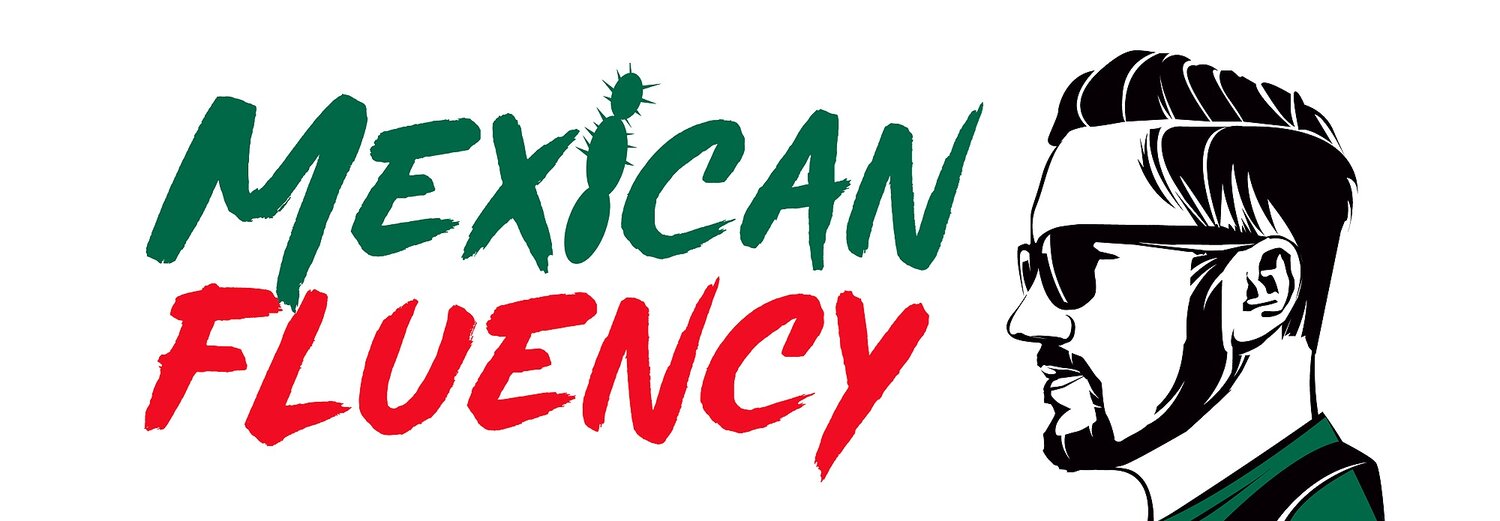Understanding "Cabrón" in Mexican Spanish
¡Qué pedo, cabrones!
Levi here with Mexican Fluency, where I help gringos crack the Mexican code.
Today, we're exploring one of the most versatile and colorful words in Mexican Spanish: "cabrón."
Whether you’re watching a telenovela, hanging out with Mexican friends, or just trying to understand the local slang, you’ve probably heard this word.
But what does it really mean?
Let’s break it down with some examples and dialogues so you can start using "cabrón" like a pro.
1. The Negative Side: "Cabrón" as Jerk or Asshole
When "cabrón" is used in a negative sense, it’s similar to calling someone a "jerk" or "asshole" in English. It’s a strong word, so be careful when using it this way, as it can definitely offend someone.
Example 1:
Levi: Oye, Alejandro, ¿por qué andas tan enojado?
Alejandro: Es que ese cabrón de la tienda me cobró de más otra vez.
Levi: ¡Qué mala onda! Ese tipo siempre ha sido un cabrón.
Translation:
Levi: Hey, Alejandro, why are you so mad?
Alejandro: That jerk at the store overcharged me again.
Levi: That sucks! That guy has always been a jerk.
In this dialogue, Alejandro is clearly upset with someone who has wronged him, so he uses "cabrón" to express his frustration.
2. The Friendly Side: "Cabrón" as Dude or Guy
On the flip side, "cabrón" can also be used among friends in a casual, friendly way. In this context, it’s more like saying "dude" or "guy" in English. It’s all about the tone and the relationship you have with the person.
Example 2:
Levi: ¡Alejandro, qué milagro verte por aquí!
Alejandro: ¡Qué onda, cabrón! Hace rato que no nos veíamos.
Levi: Sí, cabrón, andaba ocupado con el trabajo. Pero ya estoy libre para unas chelas.
Translation:
Levi: Alejandro, what a surprise to see you here!
Alejandro: What’s up, dude! It’s been a while since we hung out.
Levi: Yeah, man, I’ve been busy with work. But I’m free now for some beers.
Here, the word "cabrón" is used in a lighthearted, friendly way between Levi and Alejandro, showing camaraderie and mutual respect.
3. The Compliment: "Cabrón" as Tough or Badass
In certain situations, calling someone a "cabrón" is actually a compliment. It can mean that someone is tough, capable, or a "badass" in their field. It’s a term of respect and admiration.
Example 3:
Levi: Oye, Alejandro, ¿supiste que Juan ganó la competencia de negocios?
Alejandro: Claro, ese cabrón siempre ha sido el mejor en lo que hace.
Levi: Sí, la verdad es un cabrón para los negocios. ¡Mis respetos!
Translation:
Levi: Hey, Alejandro, did you hear that Juan won the business competition?
Alejandro: Of course, that guy has always been the best at what he does.
Levi: Yeah, he’s really a badass in business. My respects!
In this context, "cabrón" is used to acknowledge someone’s skill and achievements, turning what could be a negative word into something positive and even admirable.
Final Thoughts
As you can see, "cabrón" is a word with multiple layers of meaning in Mexican Spanish. Depending on how you use it, it can be an insult, a friendly greeting, or a high compliment. The key is to pay attention to the context and the tone of voice.
Next time you’re in Mexico or chatting with Mexican friends, don’t be afraid to throw in a "cabrón" here and there—just make sure you know which meaning you’re going for!
And if you’re ever in doubt, remember that it’s always best to listen and learn before diving into using slang.
¡Hasta la próxima, cabrones!
